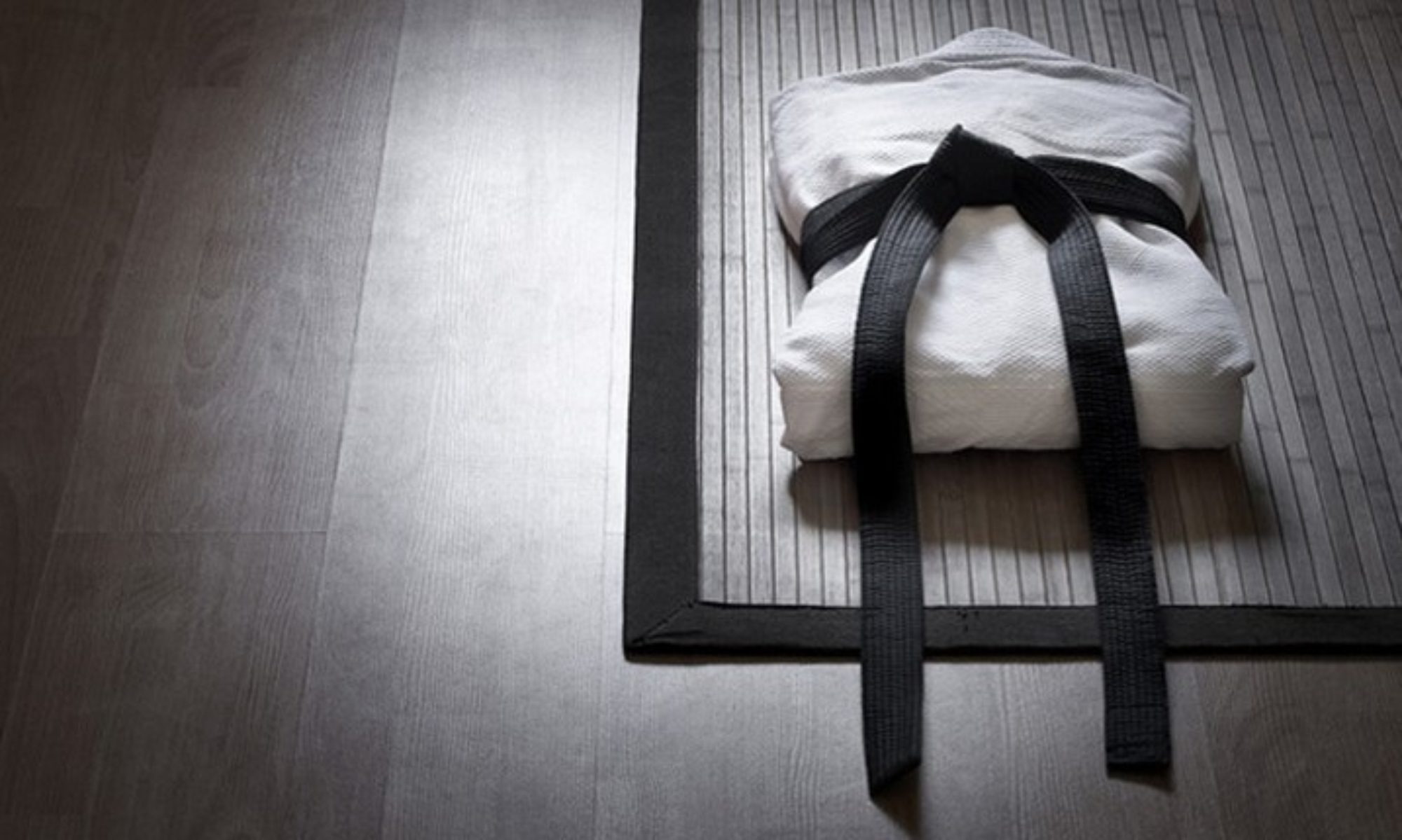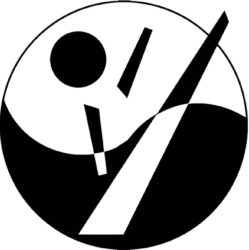Taekwondo (or Tae Kwond-Do) is believed by some to be the oldest martial art in the world. It began about two thousand years ago in the time of the Three Kingdoms: Kokooryo, Silla and Baekjae. Each of these three kingdoms made a significan contribution to the development of the art.
Kokooryo first established the tradition of “respect your elders and love your juniors.” This became an important part of the culture, especially Taekwondo training.
In the Silla kingdom there was an elite youth organiztion called the Hwarang. They practiced a formalized martial art called Taekwondo. Their instructor, the monk Won Kwang Bupsa, gave them five commandments which became the foundation of their lifestyle:
* Be loyal to your country
* Honor your parents
* Be faithful to your friends
* Never retreat from battle
* When taking a life, be selective
The fact that they were so important to the Hwarang meant that the commandments also became important to Taekwondo. Silla also held tournaments using a style called Soobakhee which were seen as religious festivals. These were also the precursor to modern Taekwondo.
Baekjae also held folk tournaments involving a style called Soobyeokta. The winner of these tournaments would sometimes become the head of the village or even a military general. In addition, Baekjae maintained a force called the Soosa.
In 918 A.D., the Three Kingdoms were united under the name Koryo. What we now know as Taekwondo was then called Soobakhee. It was very popular, and many tournaments were held. It was systematized and spread to some degree by the national university, Kookjakam. During this period, trade also began to flourish and foreigners began to take an interest in Soobakhee. Koryo was renamed Korea during this time period.
After the end of the Lee dynasty in 1910, Taekwondo appeared to decline. However, the spirit never really died. Japan occupied Korea and outlawed the study of Korean martial arts for thirty-six years, but since the restoration of Korean independence, Taekwondo has begun to revitalize itself. It has now spread all over the world.

